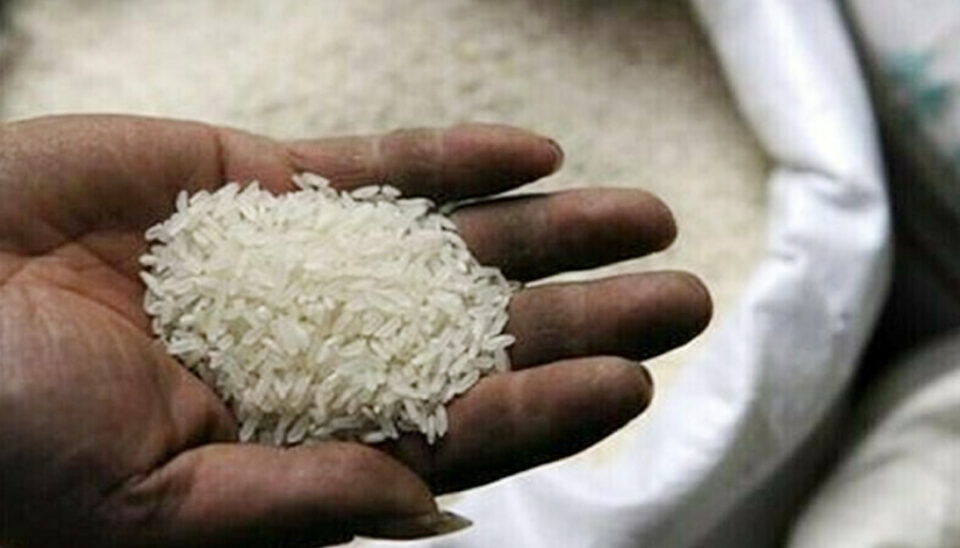India May Lower Basmati Rice Export Floor Price and Revise Export Tax Structure
New Delhi: India is considering adjustments to its rice export policies to maintain its market share against competitors, notably Pakistan. The Indian government is expected to reduce the floor price for basmati rice exports and replace the existing 20% export tax on parboiled rice with a fixed duty.
Export Price Adjustment: Sources indicate that the minimum export price (MEP) for basmati rice may be lowered to $800-$850 per metric ton from the current $950 per ton. This move aims to boost India’s export competitiveness. Lowering the MEP would help India counter the growing export volumes of basmati rice from Pakistan, which has benefited from India’s export restrictions.
Tax Revisions: The Indian government is also likely to eliminate the 20% export tax on parboiled rice and implement a minimum export tax instead. This change is intended to curb under-invoicing and ensure fair pricing of shipments.
Impact of Export Curbs: In 2023, India imposed several export restrictions to manage local rice prices ahead of the general elections. These measures have continued into 2024, affecting the rice market.
Market Dynamics: India and Pakistan are major exporters of basmati rice, with India exporting over 4 million metric tons annually to countries like Iran, Iraq, Yemen, Saudi Arabia, the UAE, and the United States. Despite restrictions, Pakistan set a new record in rice exports this year.
Potential Policy Changes: The Indian government is reviewing the export ban on non-basmati white rice, imposed in July 2023 due to concerns over lower output linked to the El Niño weather pattern. With rice stocks at state warehouses reaching a record 48.51 million metric tons as of July 1, there is increasing pressure to ease export restrictions to prevent spoilage.
Planting Progress: As of now, farmers have planted 11.6 million hectares with rice paddy, a 20.7% increase from the previous year. This increase in planting may influence future decisions regarding rice export policies.

